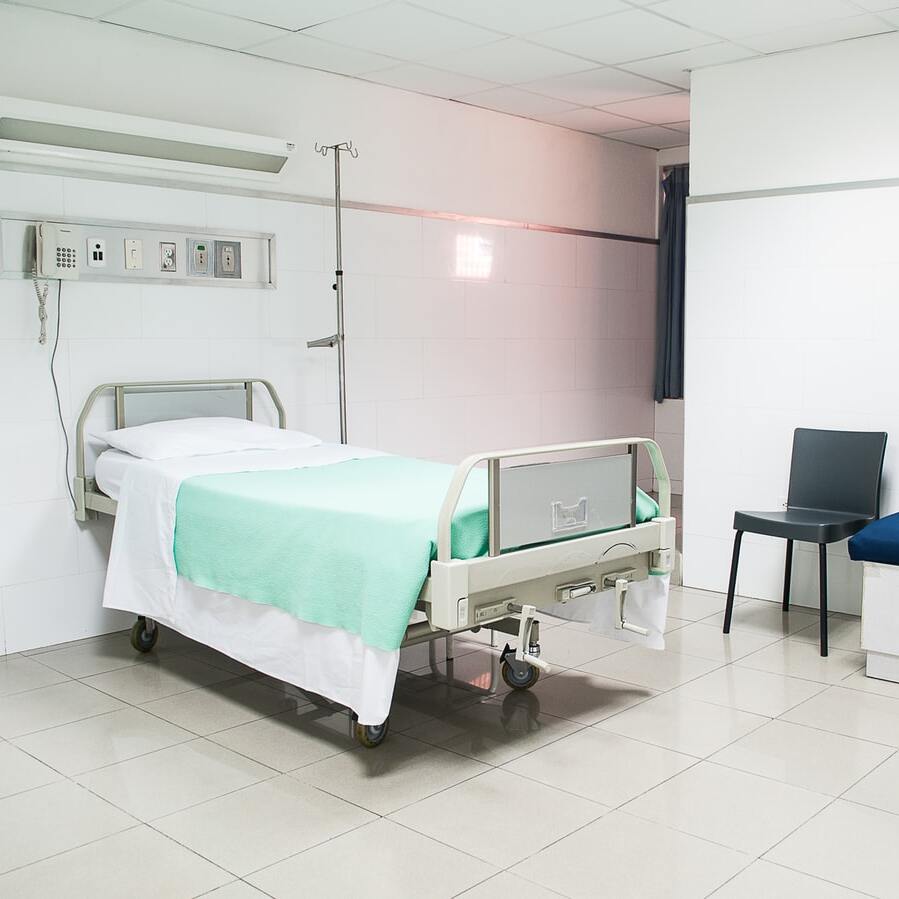Patients undergoing hemodialysis are prone to anxiety and depression, suggested investigators of a new study.
A team led by Fatima Al-Nashri RN, MN, of King Abdulaziz University, Saudi Arabia, performed a cross-sectional correlational study to further elucidate the relationship between mental health burden and quality of life in these patients.
“Understanding these relationships is essential for developing interventions to improve the QOL and reduce symptoms among haemodialysis patients,” Al-Nashri and colleageus wrote.
“The findings from this research could provide further knowledge to aid in the development of nursing management strategies to reduce symptom frequency, and to improve the QOL amongst people undergoing haemodialysis therapy.”
The Study
They enrolled 114 patients from 2 dialysis centers. All patients were ≥18 years of age and presented with chronic kidney disease.
Patients who received a kidney transplant and commenced peritoneal dialysis were excluded from the study.
The investigators then collected clinical information, including data on dialysis-related factors. They also utilized the Kidney Disease and Quality of Life Survey (KDQOL-36), in addition to the Hospital Anxiety and Depression Scale (HADS), to assess mental health symptoms, individual experiences with dialysis, and patient quality of life.
“Among the 5 QOL domains, the highest domain scores were reported in the symptom problem list and effect of kidney disease, with a mean score of 60.1 ± 19.8 and 59.1 ± 18.8, respectively,” they reported.
“The lowest scores were found in burden of disease and physical function (mean score 42.5 ± 25.4 and 44.5 ± 25.9, respectively).
Based on predefined cut-off points, 50% of the participants had anxiety, and 44.7% had depression.
The team used Pearson’s correlation coefficient test to evaluate the correlation between anxiety, depression and patient quality of life. As such, they found that anxiety was negatively correlated with quality of life (r = -.599; P < .001), as was depression (r = -.599; P<.001).
“Comparing the median scores for each QOL domain among patients with or without anxiety and depression, we found that the median QOL score of each domain was significantly lower among patients with anxiety and depression,” they noted.
“In addition, the burden of disease and physical component scores were shown to be associated with poor QOL, and they were mostly affected by both anxiety and depression”
Pearson’s correlation coefficients revealed that anxiety and depression were also significantly correlated with kidney disease-specific quality of life domains, such as burden of disease, symptoms, and effect of kidney disease.
Linear regression showed that both depression and anxiety had impacts of kidney disease quality of life (depression, t = −4.021, P < .001; anxiety, t = −2.635, P<.05).
In terms of patient characteristics, older patients (≥ 65 years) were generally had poorer quality of life (F = 16.074, P<.001), greater anxiety (F = 3.101, P<.049) and depression (F = 9.174, P<.001).
Notably, female participants had a lower quality of life (T = 2.305, P < .023), higher anxiety (T = −2.072, P< .041) and higher depression levels (T = −2.155, P = .033). Divorced or widowed patients, those were illiterate, and those receiving government support also demonstrated worse scores.
In response to these findings, Al-Nashri and colleagues underscored the importance of psychological screening, particularly in patients about the undergo hemodialysis.
“Early detection and treatment of anxiety and depression may have a positive impact on disease outcomes,” they indicated. Even more, they continued, healthcare providers should seek ways to continue to build up relationships with patients and effectively monitor individual patients needs.
The study, “Impact of anxiety and depression on the quality of life of haemodialysis patients,” was published online in Journal of Clinical Nusing.
